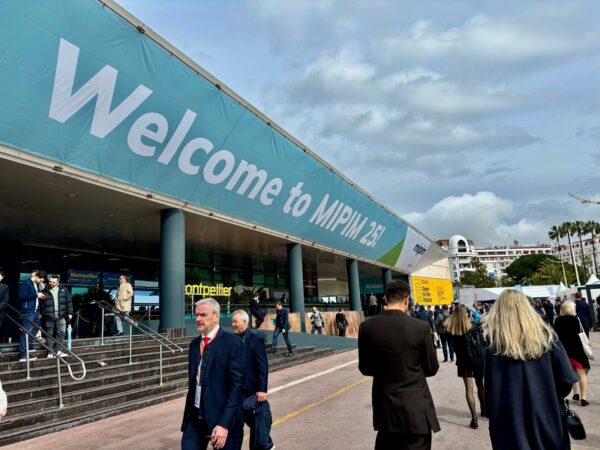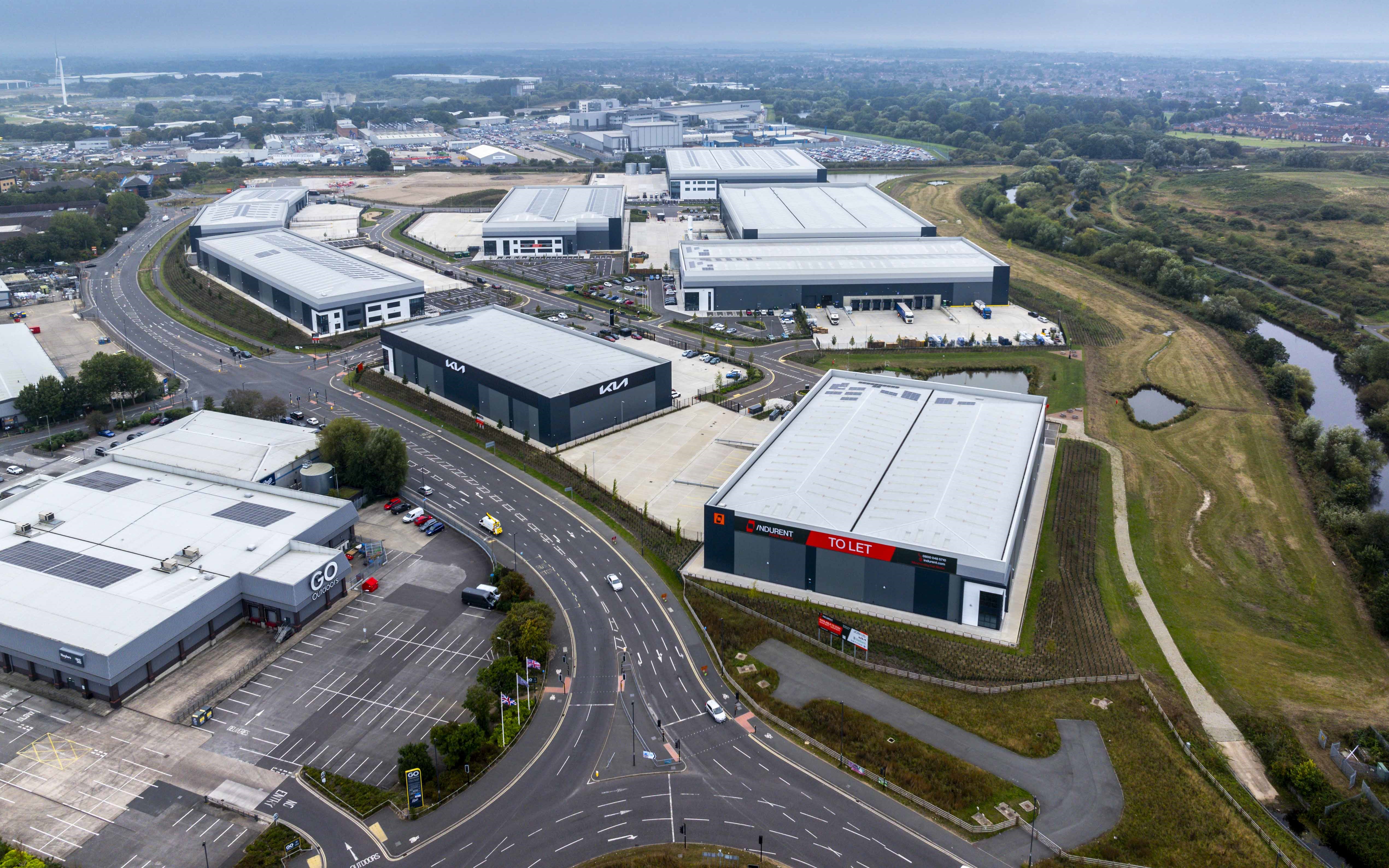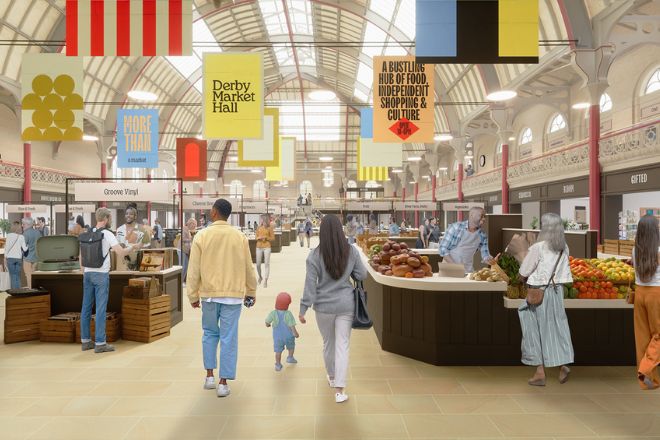Investment News | 19 March 2025
Talking Investment: ‘Derby: The Heart of Europe’s Largest Rail Cluster’

In 2023, Derby was chosen by the Government as the home of Great British Railways (GBR), cementing Derby’s place at the heart of the UK rail sector. Here, Paul Harwood, director for partners and place at the GBR Transition Team, looks at the positive impact that the arrival of Great British Railways will have on Derby and how place-based partnerships will be embodied in Rail Campus Derby and help attract further investment and drive local growth.

Derby stands as Europe’s largest rail cluster – the East Midlands is home to 600 rail-related companies and employing 45,000 people with Derby alone employing 11,000 skilled rail employees.
This vibrant ecosystem encompasses everything from train manufacturers to world-class testing facilities. Derby’s deep-rooted connection to the rail industry dates back to 1840 when rolling stock was first built in the city.
This rich history has paved the way for modern advancements, such as the recent £200 million upgrade to the track and signalling at Derby, which was completed on time and within budget.

This project successfully alleviated a long-standing bottleneck that had delayed trains from London and Birmingham for years.
The arrival of Great British Railways Great British Railways (GBR) is set to become an integral part of Derby’s rail story with their headquarters located there. GBR’s presence in the city will be a cornerstone of the Rail Campus Derby vision, where rail, the supply chain, local government, and educational
institutions collaborate to drive progress.
Derby is a key player in the UK’s advanced manufacturing sector, exporting products and innovations globally. It is a hub of innovation where industry giants work alongside small and medium-sized enterprises (SMEs). The local college and university also play a crucial role in developing a world-class workforce for the future.
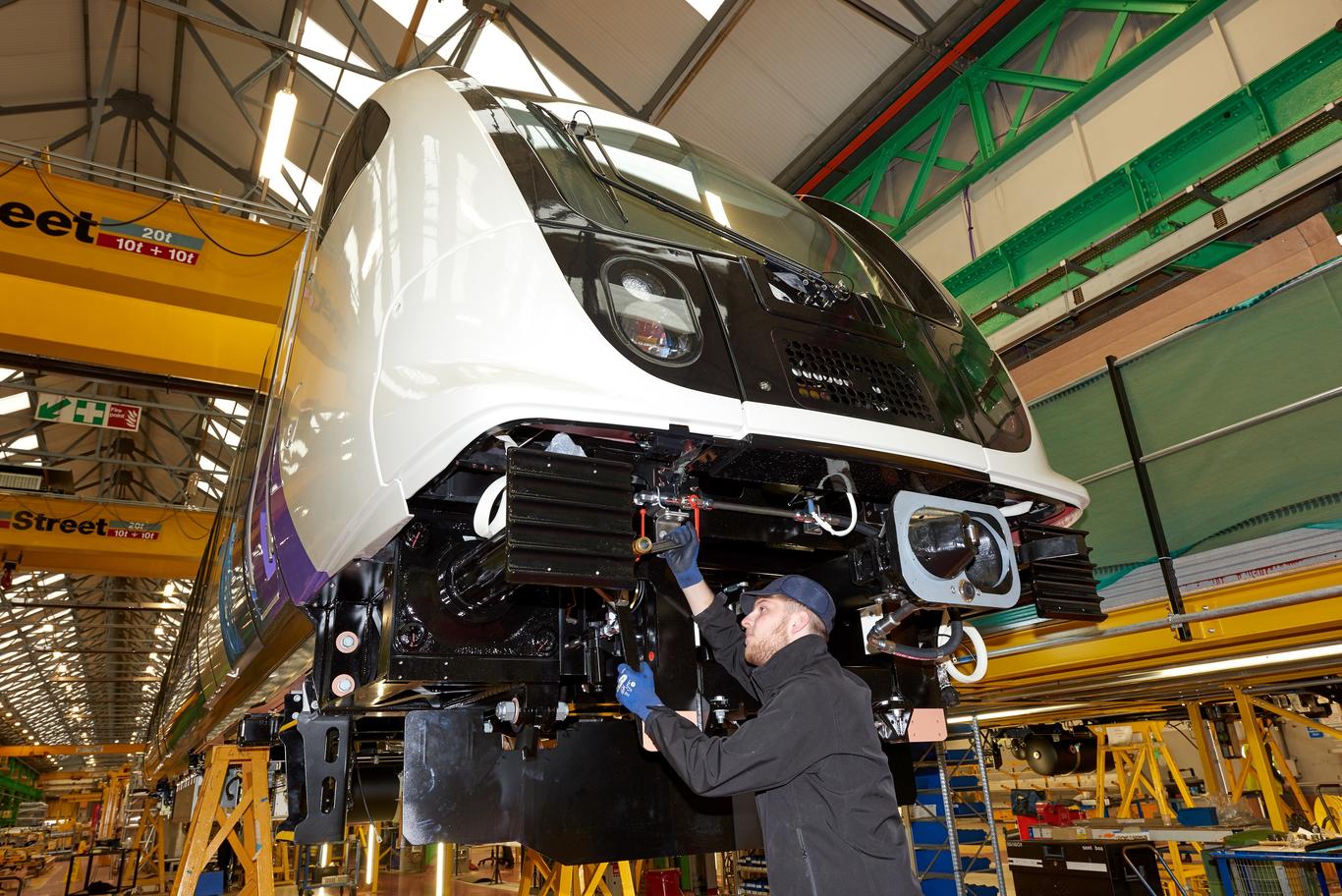
GBR aims to support rail success through ‘place-based partnerships’ that bring together local authorities and the rail industry.
These partnerships will focus on how rail can drive local growth, moving beyond contractual discussions to strategic collaborations that help local leaders achieve their goals.
GBR will unify track and train operations, simplifying collaboration, sharing priorities, and driving improvements. The private sector will continue to play a significant role, with around 60% of rail industry spending expected to remain in the private sector even after the government’s public ownership programme is complete.
National Leadership and Strategic Direction
GBR will provide national leadership and strategic direction, not only for track and train but also for the talented individuals who are the backbone of the industry. Success in this endeavour hinges on collaboration between the public and private sectors, as well as between government and industry. GBR aims to harness the expertise and innovation thriving in the region, from large multinationals to budding start-ups.
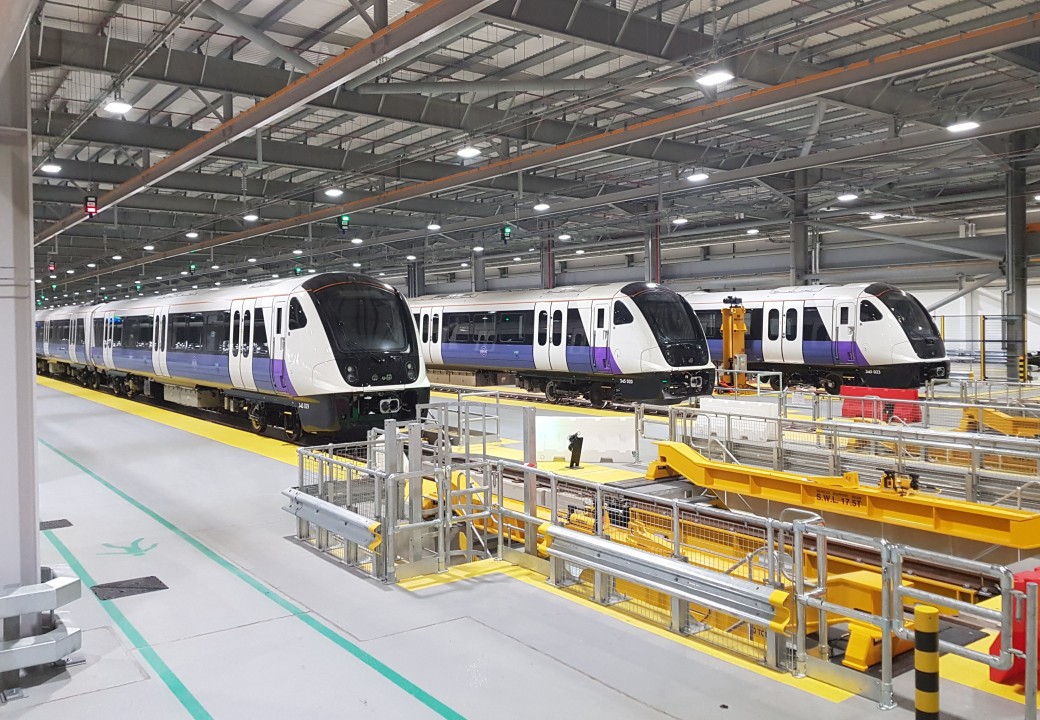
Rail Campus Derby
Rail Campus Derby (RCD) was launched in October 2024 with a focus on collaboration. The campus aims to bring the sector closer together, offering opportunities for co-location, knowledge sharing, and embedding the practices and culture necessary for the success of Britain’s railway.

The campus will champion transparency, accountability, and innovation, driving down costs, enhancing financial sustainability, and delivering better value for customers and funders. Rail Campus Derby will embody these values, fostering a thriving ecosystem where the entire industry can collaborate and prosper.
The positive impact of establishing Rail Campus Derby and the headquarters for Great British Railways in Derby is evidenced through the partnership working now in place across the city.
The opportunities are limitless as Derby continues to showcase itself as the city holistically assessing its workforce and education to support a thriving rail industry.
